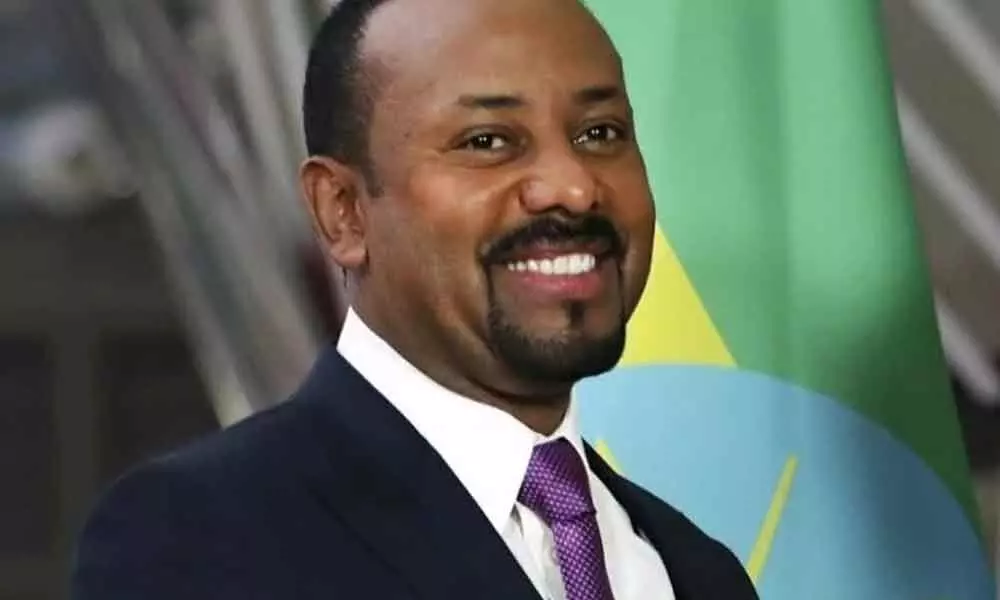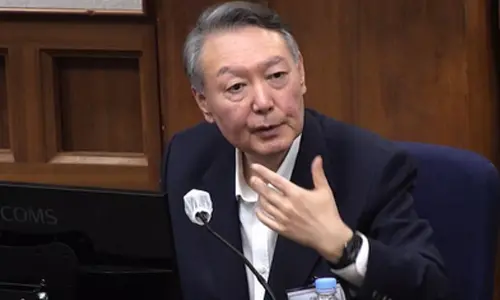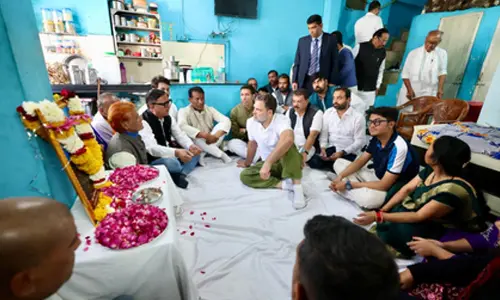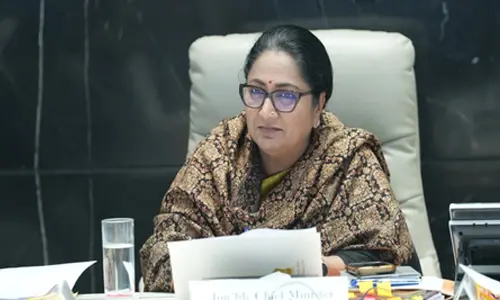Nobel for Ahmed Ali a tribute to democratic hope

Ethiopian Prime Minister Abiy Ahmed Ali has won the Nobel Peace Prize for his efforts to achieve peace and international cooperation and for his decisive resolve to end the border conflict with neighbouring Eritrea.
Ethiopian Prime Minister Abiy Ahmed Ali has won the Nobel Peace Prize for his efforts to achieve peace and international cooperation and for his decisive resolve to end the border conflict with neighbouring Eritrea.
It is just one-and-a-half years that he is in power and Ahmed Ali already launched the biggest reforms in his country despite protests and demonstrations. Will Abiy Ahmed Ali be able to defend his reforms? If so, for how long?
There are also questions on whether the Noble Peace Prize was given in haste. It is perhaps, to strengthen Abiy Ahmed, that the prize was given to him. Sure, the prize has come in for praise from several leaders in Africa including those of Liberia, Ghana and Somalia.
United Nations Secretary-General Antonio Guterres hailed it and said it showed that winds of change are blowing across Africa. Ahmed first convinced his own country that 'no peace, no war' situation with Eritrea cannot continue for ever.
Then he turned to Eritrea and offered his peace process. The situation was quite complicate and not so easy because of the insurgency in eastern Somali Region State known as Ogaden. The rebel Ogaden National Liberation Front (ONLF) of Ethiopia signed a peace deal with Ethiopia's government in October.
The agreement bought an end to a 34-year insurgency in Eastern Ethiopia. The Ethiopian government representatives and ONLF delegations then travelled to Eritrea's capital Asmara to hammer out the details of the deal and signed it promptly transforming Eritrea from a sponsor of ONLF to a mediator between Ethiopia and the rebel group.
The Noble Prize for Ahmed Ali is seen as a tribute to democratic hope in a world where it is easy to lapse into cynicism as established democracies keep witnessing breakdown of institutions under assault from populism.
Of course, peace between Eritrea and Ethiopia could be called a work in progress still due to certain hurdles that are to be ironed out yet. Tigrayans, an ethnic group in the north-east region that borders Eritrea had protested the opening of the border posts.
The dominant political party in the north east region, the Tigray People's Liberation Front (TPLF), was against the process and has tense relations with Eritrean President Isaias Afwerki.
When the Ethiopian government attempted to remove military equipment from the border, it was blocked by residents of Tigray who feared future conflict with their neighbour.
One could, at this juncture, surmise that it is not enough to bestow only the peace prize on Ethiopian head. It is also important to ensure that the democratic process and also the peace initiatives are supported by all democracies and peace-loving nations.
One should extend a helping hand to Ahmed Ali in every sense than merely complimenting him. Jobs, opportunities and development still remain a major challenge to Ahmed Ali.
Of course, one could criticise Abiy's rule too as more than a million Ethiopians have been forced from their homes by ethnic violence in 2018.
Abiy preferred driving people back to their homes despite the unsafe conditions. But then, this a complex world and these are complex times and everything could be questioned.















